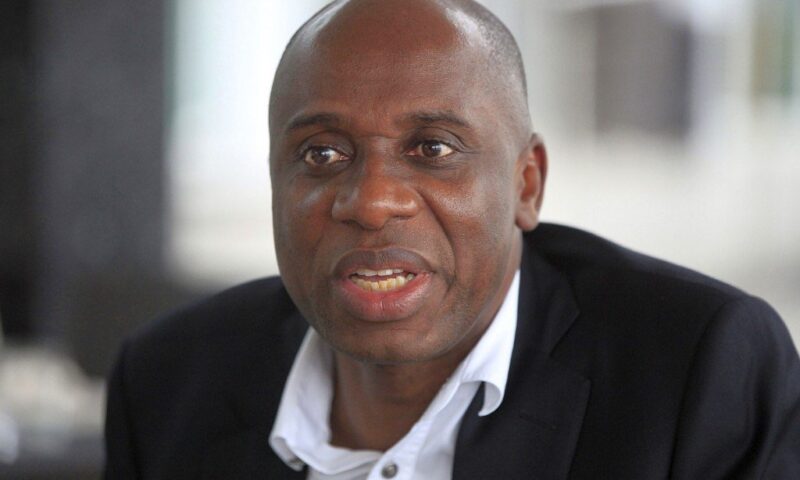The Federal Executive Council, FEC, meeting has approved the establishment of 20 new private universities in the country.
The Minister of Education, Adamu Adamu, made this known at end of the 32nd virtual council meeting presided over by President Muhammadu Buhari at the Council Chamber, Presidential Villa, Abuja on Wednesday..
The Minister said the approved universities will get their provisional licenses from the National Universities Commission (NUC), which they will use for the next three years while monitoring and evaluation will go on.
The approved universities are: Topfaith University, Mkpatak, Akwa Ibom State. Thomas Adewumi University, Oko-Irese, Kwara State, Maranathan University, Mgbidi, Imo State, Ave Maria University, Piyanko, Nasarawa State, and Al-Istiqama University, Sumaila, Kano State.
Others are Mudiame University, Irrua, Edo State, Havilla University, Nde-Ikom, Cross River State, Claretian University of Nigeria, Nekede, Imo State, NOK University, Kachia, Kaduna State and Karl-Kumm University, Vom, Plateau State.
Also approved are James Hope University, Lagos, Lagos State, Maryam Abacha American University of Nigeria, Kano, Kano State, Capital City University, Kano, Kano State, Ahman Pategi University, Pategi, Kwara State, and University of Offa, Offa, Kwara State.
Others are Mewar University, Masaka, Nasarawa State, Edusoko University, Bida, Niger State, Philomath University, Kuje, Abuja, Khadija University, Majia, Jigawa State and Anan University, Kwall, Plateau State.
Nine of the private universities are located in North Central, three in South South, two in South East, five of them in North West and one in South West.



